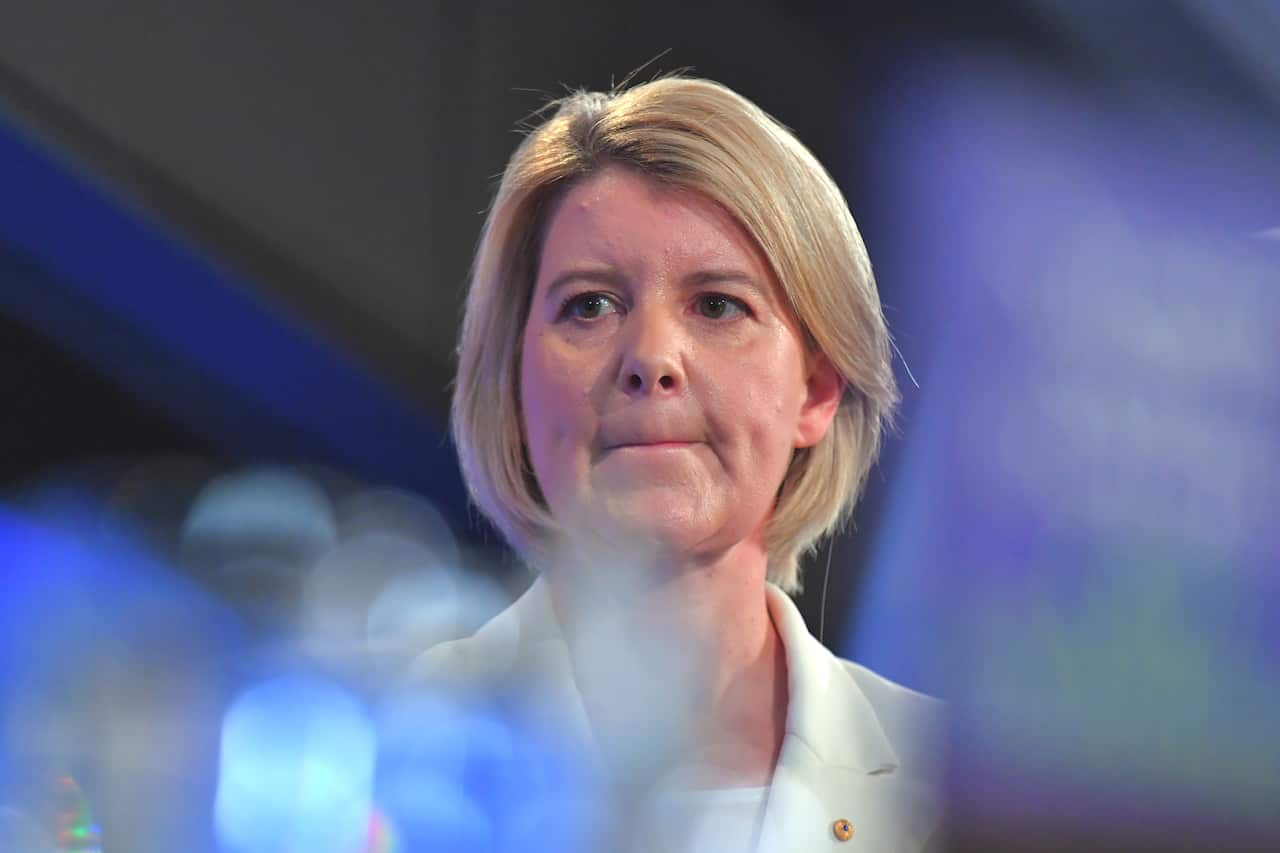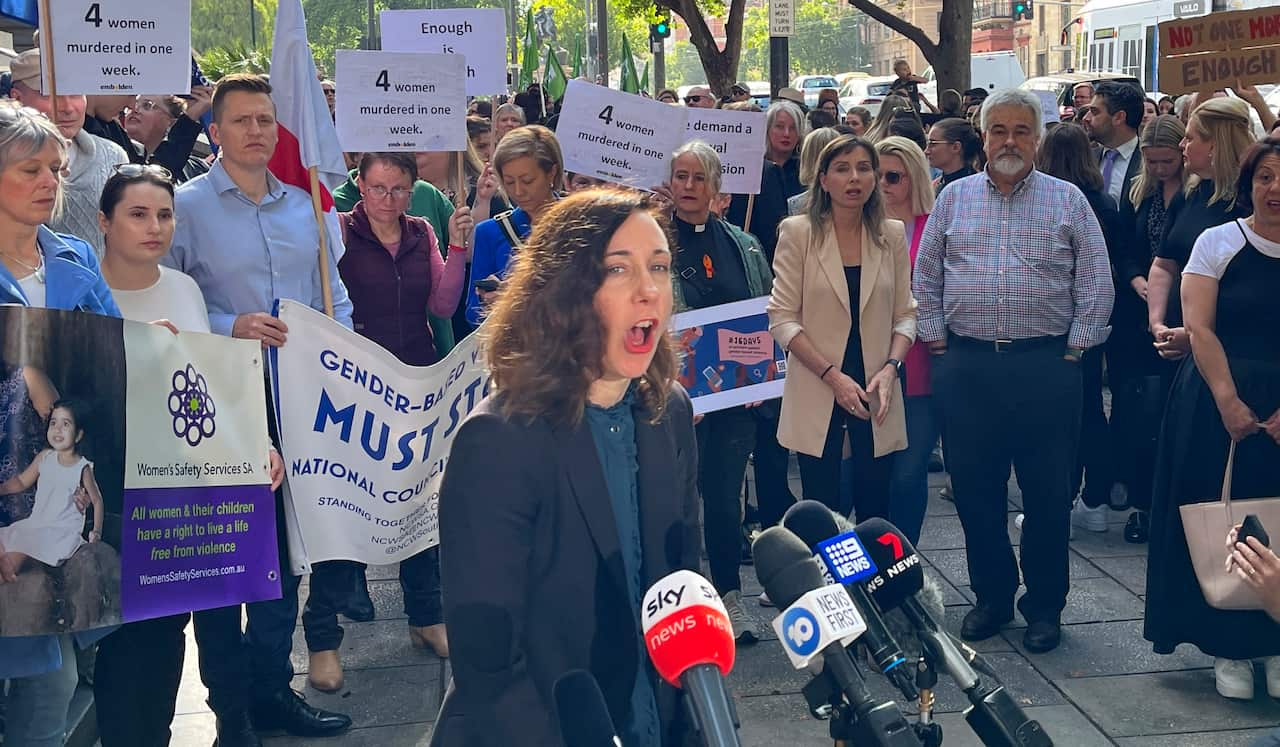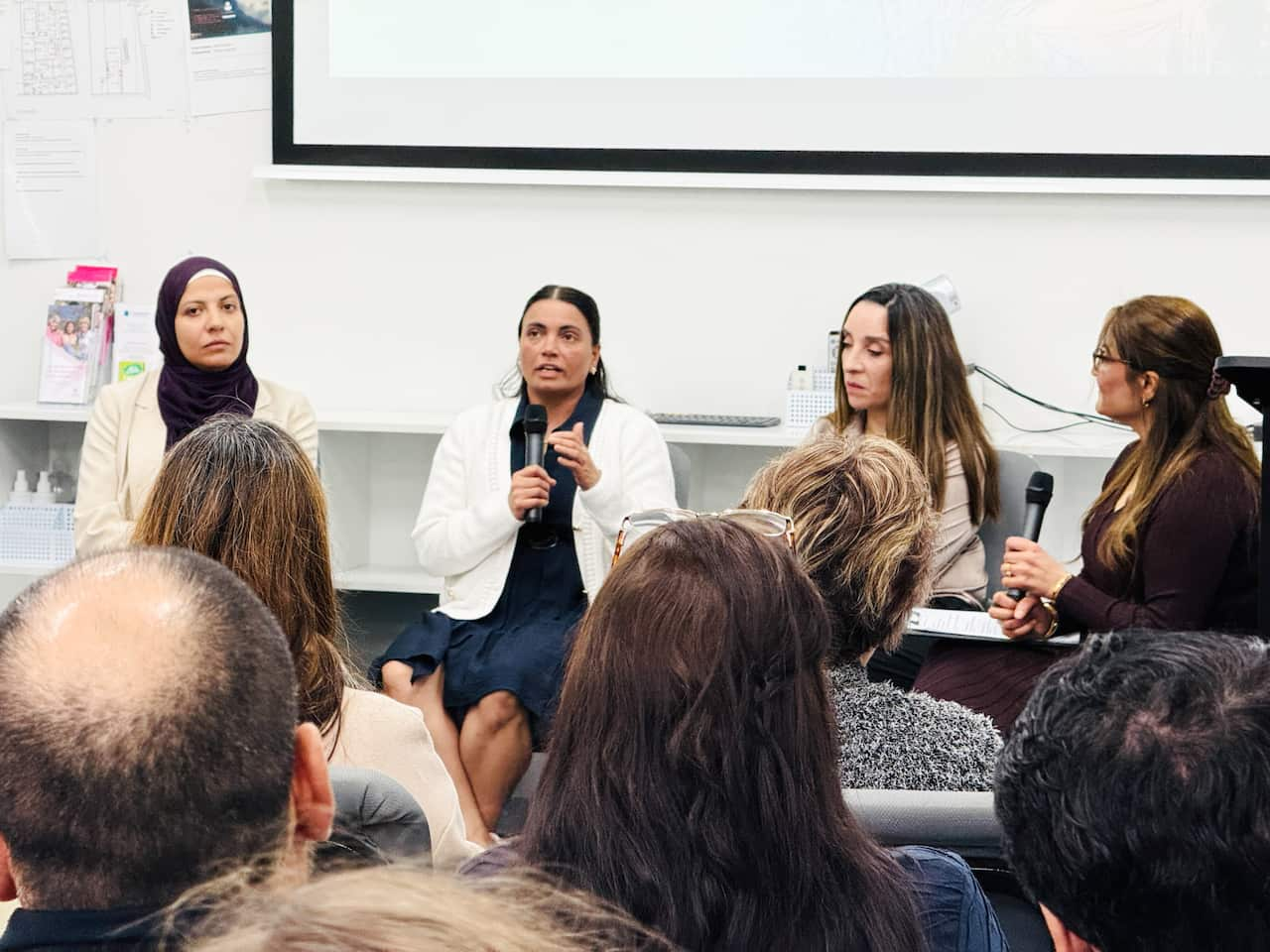Over a single week in November 2023, four women were killed in South Australia in alleged acts of domestic and family violence.
"That was the worst week for fatal domestic and family violence ever recorded in any Australian jurisdiction," said Mary Leaker, chief executive of Embolden, the peak body for domestic, family and sexual violence services in South Australia.
The experience galvanised calls for a royal commission into domestic abuse in the state.
On Tuesday, commissioner Natasha Stott Despoja and South Australian Premier Peter Malinauskas released its final 600-page report, which contains 136 recommendations to end domestic, family and sexual violence in the state.
The report, which heard from 5,000 community members and received over 380 submissions, has been largely welcomed by advocates in South Australia as a blueprint for change.

'A blueprint for transformative change'
Leaker, whose organisation made two submissions to the commission, said the landmark report contains "practical recommendations that will absolutely reduce harm and save lives".
"We see it as a blueprint for transformative change in our state and how we prevent and respond to domestic, family and sexual violence," she said.
The report found that as of 2021-2022, one in four women in Australia had reported intimate partner violence or family violence since the age of 15, compared to one in eight men.
At a press conference on Tuesday, Stott Despoja said South Australia used to lead the country in tackling the issue, but now "we are way behind".
"We've lost our way. The commission has found that the domestic, family and sexual violence system in this state is fragmented, it's crisis-driven, and it's siloed."
The report's 136 recommendations span prevention, early intervention, response, and recovery, as well as addressing legislation, policing, community, and service systems.
Key recommendations include:
- A standalone ministerial portfolio for domestic, family and sexual violence.
- A statewide five-year strategy that includes the four pillars of prevention, early intervention, response, and recovery and healing.
- That South Australia Police elevate the domestic, family and sexual violence portfolio to branch or service level, and a training program for all officers.
- Increasing funding for the domestic and family violence sector that is separate to funding for homelessness services.
Not just a women's issue
Central to the report's recommendations is its whole-of-government approach.
"The focus on domestic family and sexual violence as a portfolio issue has primarily sat with the office of women, and we know that domestic family and sexual violence is a gender issue that disproportionately impacts women and girls, but that doesn't mean that it should be treated as a women's problem," Leaker said.
Some of the recommendations addressing this include establishing a ministerial portfolio, and establishing Lived Experience Advisory Networks for adults and children to provide advice and expertise directly to that minister.
These were also two of the seven recommendations Malinauskas committed to implement, with a commitment to consider and respond to the remaining recommendations before the end of the year.
"It's about building a system that better meets the needs of victim-survivors ... and also a system that is able to prevent violence and intervene earlier so there are better outcomes," Leaker said.

Our Watch, Australia's leading prevention body, which contributed to the commission through a submission and direct evidence, says it welcomes the report and its extensive findings.
"This breadth reflects the scale of the challenge, and the need for sustained action at every level of society", CEO Patty Kinnersly said in a statement.
Listening and feeling heard
Advocates also pointed to extensive consultation that informed the royal commission.
Alongside written submissions, the commission set up 10 days of public hearings and 173 listening sessions in metropolitan, remote and regional South Australia. It also set up an Aboriginal Partnership Committee to ensure that the advice and expertise of Aboriginal communities were considered when it comes to addressing domestic abuse.
Chris Chalubek is CEO of the Australian Refugee Association, which supports around 5,000 new arrivals in South Australia every year. Alongside its settlement services, it provides domestic and family violence prevention and support programs. Chalubek said the association was proud to be given the chance to speak at one of the public hearings and felt "100 per cent" listened to.
"Violence is universal, that doesn't change with culture and circumstance," he said.
"But some stressors can play into that. We're dealing with [people who have experienced] many years of uncertainty and fleeing persecution, then refugee camps and settling in a new culture with new cultural norms. As well as unemployment, all that needs to be understood for the communities that we're working with."

Chalubek said the association's needs were addressed in the final report, and that a standalone ministerial portfolio would provide a massive boost to the sector.
"What we're really happy to see is a really strong, consistent focus throughout all the recommendations around culturally safe, community-led responses," he said.
"Every person, regardless of their language, country of origin, really does deserve to live free from violence and to know where to turn."
Next steps
On Tuesday, Malinauskas said the seven recommendations the government had committed to "assist us to put in place the architecture and governance arrangements" to help respond to the remaining 129.
Malinauskas acknowledged there would be some costs associated with implementing the recommendations and that he will now work with his Treasury to figure that out.
"We're looking forward to seeing the state government's response," Embolden's Mary Leaker said.
Leaker agrees that ending domestic, family and sexual violence in South Australia will require a "sustained uplift" of funding. She is calling on the government to commit to a rapid review of expenditure to achieve that.
If you or someone you know is impacted by family and domestic violence, call 1800RESPECT on 1800 737 732, text 0458 737 732, or visit 1800RESPECT.org.au. In an emergency, call 000.
The Men’s Referral Service, operated by No to Violence, can be contacted on 1300 766 491.
For the latest from SBS News, download our app and subscribe to our newsletter.

